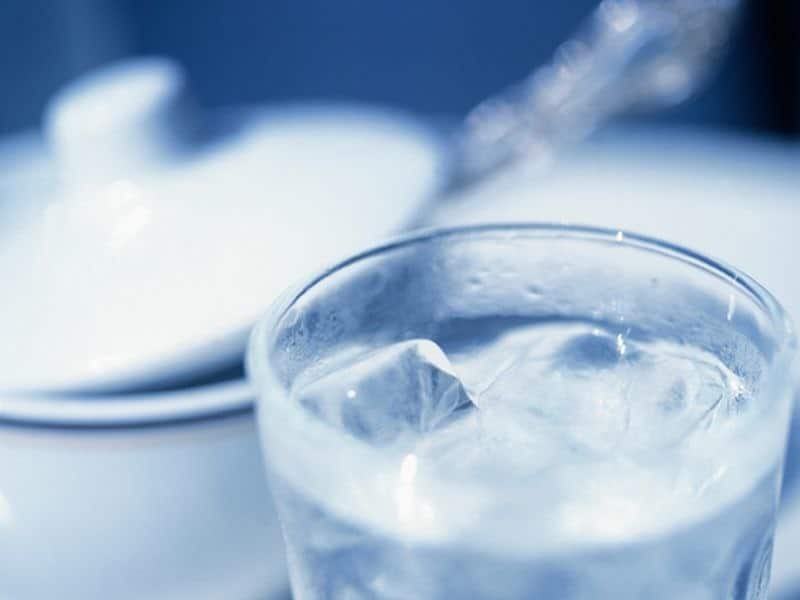WEDNESDAY, April 24, 2019 (HealthDay News) — Chemotherapy patients who suck on ice chips during treatment with oxaliplatin infusion have less trouble with eating and drinking cold things, fewer negative effects on quality of life due to oral symptoms, and a shorter duration of oral symptoms, according to a study published in the April issue of the Journal of the National Comprehensive Cancer Network.
Brittany Bauman, from the Abramson Cancer Center at the University of Pennsylvania in Philadelphia, and colleagues randomly assigned 62 patients with various gastrointestinal malignancies being treated for gastrointestinal cancer with biweekly oxaliplatin (85 mg/m² over 120 minutes). Of these patients, 50 had completed at least two cycles of oxaliplatin therapy and were therefore eligible for evaluation. This group was divided into two treatment arms of 25 each to receive oral cryotherapy (ice chips) during oxaliplatin infusion or standard-of-care treatment. Patients completed baseline and on-treatment questionnaires (first day of each subsequent chemotherapy cycle) regarding symptoms.
The researchers found that the rate of patients with oral symptoms after the first treatment cycle was significantly lower in the intervention arm versus the control group (32 versus 72 percent; P = 0.01). Furthermore, patients in the intervention group had significantly less difference in their symptom scores before versus after the first treatment cycle compared with the control group (P = 0.001). However, there was no difference in oral symptoms over time between the two groups (P = 0.20), although the authors note a high attrition rate. Longer ice chip exposure was associated with improved oral symptoms over time (P = 0.02).
“Oral cryotherapy is a tolerable and cost-effective method of diminishing oral thermal hyperalgesia in patients receiving oxaliplatin chemotherapy, and seems to be most effective in the early stages of treatment,” the authors write.
Copyright © 2019 HealthDay. All rights reserved.



